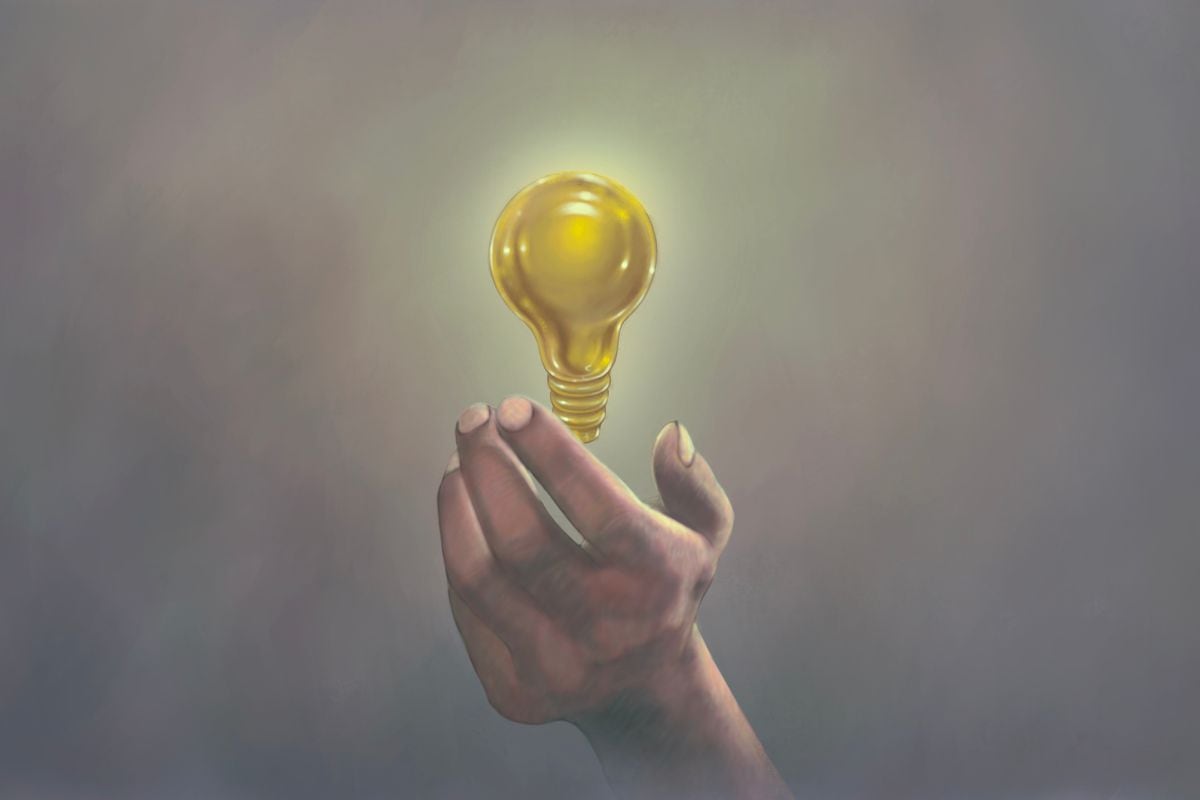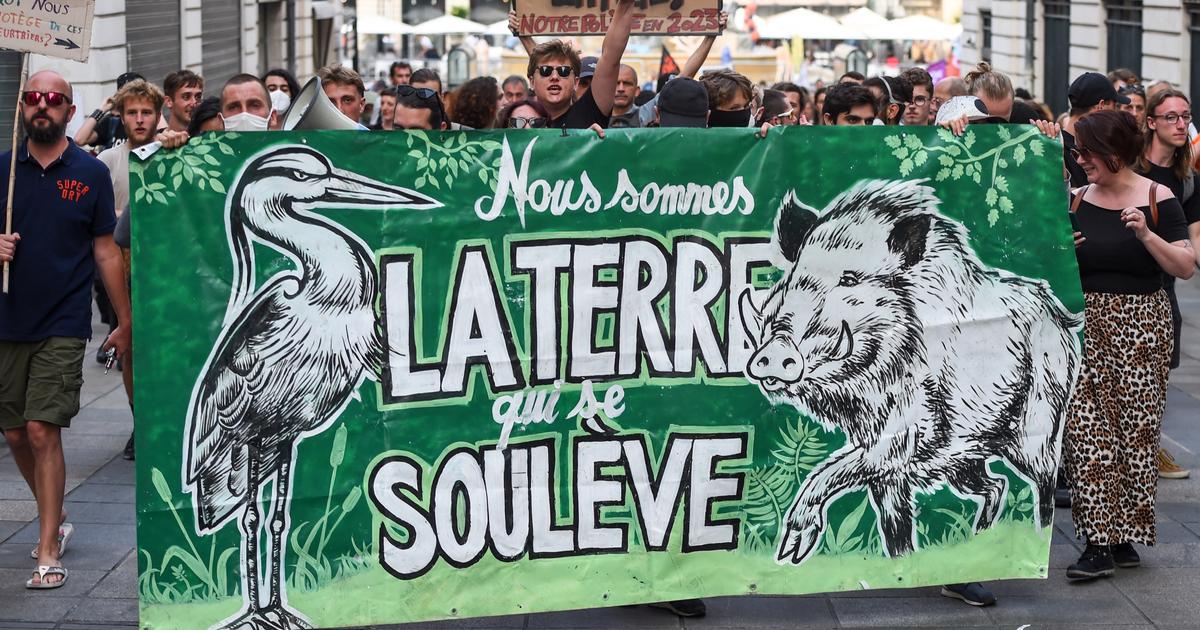In recent years, the words "story" and "narratives" appear frequently in conversations and readings. This may lead us to think that the art of storytelling is at its peak. However, when we reflect on this, we will realize that the contemporary use of these terms is not linked to that of narrative as we knew it before the information society and the subsequent emergence of social networks and their frenetic ways of telling. Contemporary debates around identity have also somewhat shattered the ways in which writers have developed their craft over the centuries, and today there seems to be a slight mismatch between the fictions that are produced and the society in which they are written.
These concerns can be seen in recent essays by Byung-Chul Han, Juan Gabriel Vásquez, and Karl Ove Knausgård. In his short essay The Crisis of Narrative, the South Korean philosopher Byung-Chul Han takes a pessimistic approach to the relationship we have with narratives today. In his case, Han focuses on traditional narratives, passed down from generation to generation, not so much on literary ones. The paradox, Han points out, is that, despite the current omnipresence of narratives, they have lost their original force, since those capable of transforming the world arise due to a complex process and are not created by a single person at will. The narratives to which Han gives value are, in his words, "the expression of the way of feeling of an era", and are therefore at the antipodes of the "lightened, interchangeable and contingent" narratives of today. For the author, we are in a post-narrative era that assigns a predominantly business use to stories, hence the rise of storytelling, a way of communicating whose strategy is based on telling stories that convey messages of greater emotional content than mere data. For Han, storytelling gives rise to storyselling whenever it is used to sell or advertise products and ideologies, and that leads to capitalism taking over all narrative.
"No storytelling will ever be able to relight a camp fire, around which people congregate to tell each other stories," says Byung-Chul Han. Not even those everyday personal stories or stories that abound on social networks have the capacity to do so, as they are mere "pornographic self-portraits or self-exhibitions", in their own words. In his text, Han also establishes a close dialogue with Walter Benjamin's essay The Narrator, which is as relevant today as when it was written, since it would seem that for Benjamin the fire in the camp was already being extinguished in 1936, the year in which he published his essay.
For Han, capitalism takes over all narrative when storytelling gives way to storyselling
Juan Gabriel Vásquez, on the other hand, in a vital and extremely valid text, tries to understand the relationship of contemporary societies with the art of narration and with the power of fiction. The four Weidenfeld lectures he gave at Oxford in 2022 are the fruit of these reflections, and today we can read them published in Spanish in the form of essays under the joint title of The Translation of the World.
In the first, entitled 'The Gaze of the Others', Vásquez goes through the Odyssey and the Lazarillo, and reflects on pictorial works such as The Reapers, by Brueghel the Elder, or Las Meninas, to conclude that the will to inhabit another consciousness, so typical of the novel, is a good antidote to the difficulty of interpreting others that we suffer because we are inevitably locked in our perceptions.
In the second essay, 'Time and Fiction', Vásquez gives an account of the tensions between history and fictional accounts, using as a central example the novel One Hundred Years of Solitude and the events on which it is based, including the assassination in 1914 of Rafael Uribe Uribe, leader of the Colombian Liberal Party.
The third essay ('Telling the Mystery') explores the distrust that the novel has historically provoked due to its renunciation of moral judgment and condemnation, relying on writers such as Ford Madox Ford and Conrad. In it, Vásquez also discusses the writing process of his novel Volver la vista atrás, which chronicles the life of Colombian film director Sergio Cabrera.
Finally, in the essay 'For Freedom', Vásquez recalls the liberal thinker Isaiah Berlin and wonders if fiction can be the terrain where a society questions the narrative that its social or political leaders try to impose on it, given the deep distrust that the novel has always felt towards the absolute. "The history of the modern novel is a struggle to say what someone thinks should not be said, and even to think what someone thinks should not be thought": this forceful phrase that appears in the last pages of the book serves to summarize its arguments.
The Norwegian writer Karl Ove Knausgård, on the other hand, is a staunch defender of the importance of fiction, especially when it takes the form of a novel, and he argues so in his short text. Through the careful reading of paragraphs from novels by authors as diverse as Claire Keegan, Dostoevsky, Cervantes, D. H. Lawrence, James Joyce, Virginia Woolf, and Tarjei Vesaas, Knausgård seeks the answer to the questions he asks in the first pages of the essay: Is the novel important? Why and for whom? Or is reading novels just an attractive way to pass the time?
A crucial issue raised here by Knausgård is our relationship to the term "story." Since history with capital letters and everything we think we know about the world are transmitted in the form of a story, the role of the novel would rather be to "move underneath these great stories, to break them, formally and thematically, in order to approach the concrete experience of reality." According to Knausgård, the novel is the enemy of the stories that precede it, something that was particularly well understood by certain writers of modernity such as Joyce or Woolf, for whom the story was an impediment that distanced the novel from reality; It was precisely there that his formal innovations lay in place.
"The novel keeps life open," says Knausgård, "and brings any abstract idea about life, whether political, philosophical, or scientific, into the realm of the human, where it is no longer alone, but is struck against a myriad of impressions, thoughts, feelings, and acts." The novel and all narrative would then act as a cubist reading of life, offering it to us simultaneously from several perspectives, something on which these three essayists seem to agree.
Look for it in your bookstore
Look for it in your bookstore
Look for it in your bookstore
You can follow BABELIA on Facebook and X, or sign up here to receive our weekly newsletter.
Subscribe to continue reading
Read without limits
Read more
I'm already a subscriber
_



/cloudfront-eu-central-1.images.arcpublishing.com/prisa/MC7UM7NN6VGRXK5M2W6JEUECIY.jpg)

/cloudfront-eu-central-1.images.arcpublishing.com/prisa/G2WOLQW5SVFXJLT4TMYRHCYRL4.jpg)



